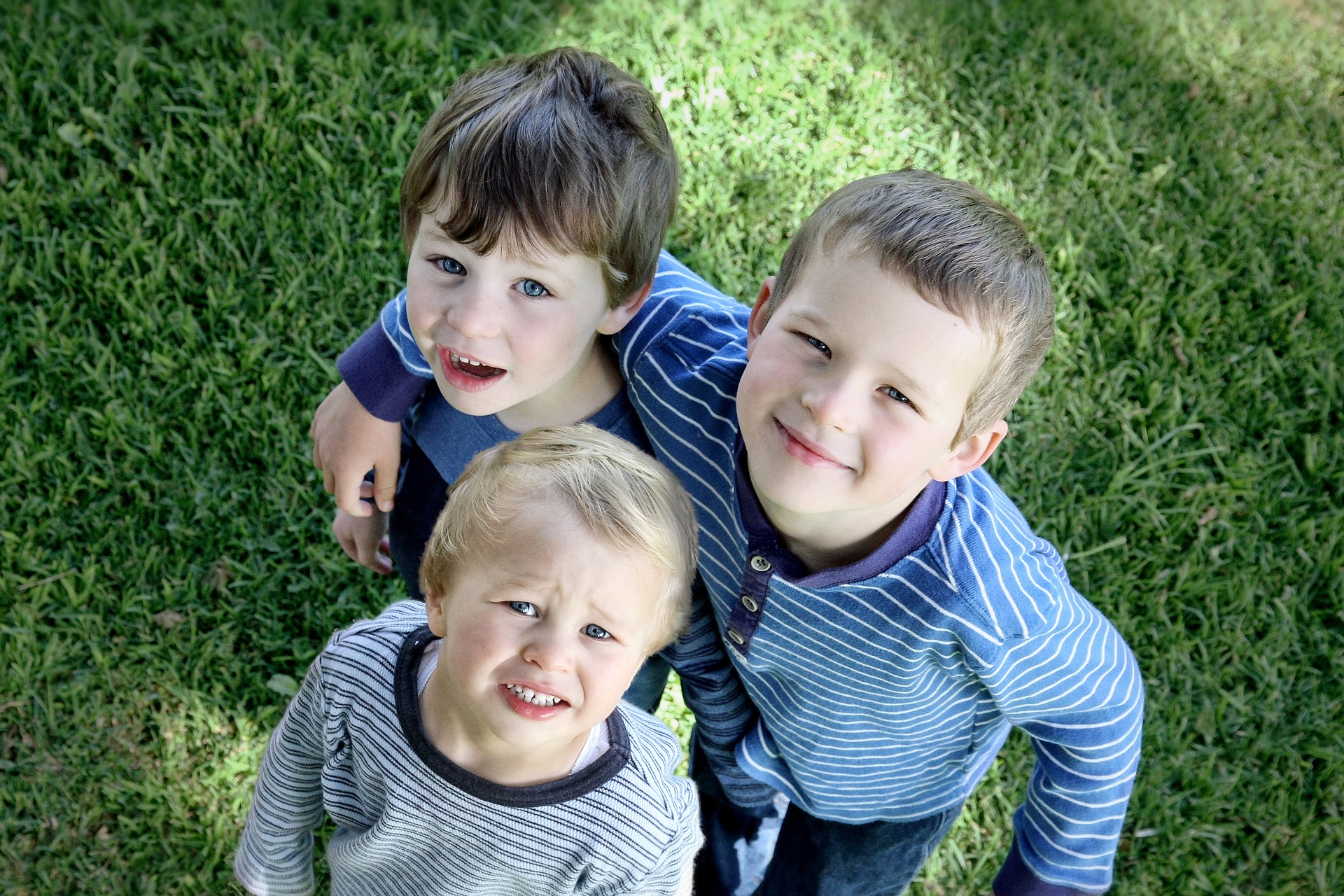FAQs for National Foster Care Month: What are the Main Types of Foster Care?
May 26, 2017May is National Foster Care Month. Foster care can come in many forms — do you know about these 10 types?
To many, “foster care” denotes the concept of a caretaker taking in children in need until they can find permanent homes. However, there are many different types of foster care, from those based on medical need to those that involve family members or friends of the family looking after children due to unforeseen circumstances.
For National Foster Care Month, we aim to raise awareness of the selfless people who ensure thousands of foster children across the country have the opportunity to grow up in safe, loving homes, no matter what their circumstances may be.

1. Traditional Foster Care
Traditional foster care is the most well-known type of foster care in our society. Children under 16 years of age are placed in homes with supportive and loving resource parents who will ensure their safety, as well as their intellectual and emotional development. Short-term care may be an option depending on a child’s family situation, while longer term care provides a home for a child who cannot return to his or her parents.
2. Urgent Foster Care
Urgent foster care is available to children who need a temporary home due to an emergency. These caretakers are available around the clock to take in children at a moment’s notice. An urgent foster care assignment typically lasts up to one week.
3. Kinship Foster Care
Kinship care places children in the full-time custody of someone with whom the child already has a connection. This includes godparents, relatives or family friends who are known and trusted by the child. The prevalence of this type of care has dramatically increased over the past 20 years.
Kinship foster care is broken down into informal and formal categories. Informal kinship care may be facilitated by a social worker, but a child welfare agency will not be involved in the arrangement. Since an agency does not take custody of the child, caretakers do not need to be approved or licensed. Formal kinship care, however, is overseen by Child Protective Services or determined in court. Custody of the child is given to an agency, but full-time care is provided by the relative or friend with whom the child is placed.
4. Private Fostering
Similar to traditional fostering, private fostering involves a child under 16 years old being placed in the care of a non-relative for a period longer than 28 days. Reasons for private fostering range from a child being sent to the United States from overseas for educational or medical reasons, to a parent being unavailable to care for the child due to long working hours. This care is also available to children who are experiencing difficulties at home, such as a divorce. Caretakers must inform their local Health and Social Care Trust in order to undertake private fostering.
5. Respite Care
Respite foster carers temporarily offer relief to the birth parent or full-time foster parents. These carers take in children for as little as a week to as long as a few months.
6. Intensive Foster Care
Intensive foster care is for children with progressed social, mental or physical disabilities who must rely on highly skilled and experienced foster carers who can help them through their challenges.
7. Transitional Foster Care
For youth over 16 years of age, transitional foster care provides the resources they need to transition into adulthood. Transitional foster carers help adolescents prepare for everything from higher education to managing their finances so they can learn how to succeed as independent adults.
8. Outcome-Focused Foster Care
Children who need additional help, whether in the form of specialized medical attention or mental health services, can be placed with families who have specific training in that particular area. Each child receives a comprehensive set of resources, including counseling and psychiatric evaluations.
9. Specialized Medical Foster Care
Children who need specialized medical attention are placed in homes that can accommodate their unique needs. They can also receive outpatient care so they can lead as normal a life as possible.
10. Mother/Child Foster Care
Adjudicated young mothers and their infants have access to the same services as are available under specialized foster care. They are also provided training in parenting skills and living independently.
These different types of care, though not comprehensive, demonstrate the level of commitment of foster parents and social workers to providing for the most vulnerable children. Thanks to their continued care, countless children will be granted a chance to have the normal, stable lives that they deserve.